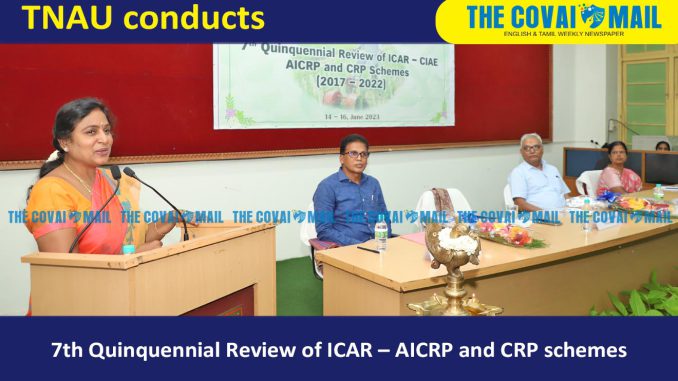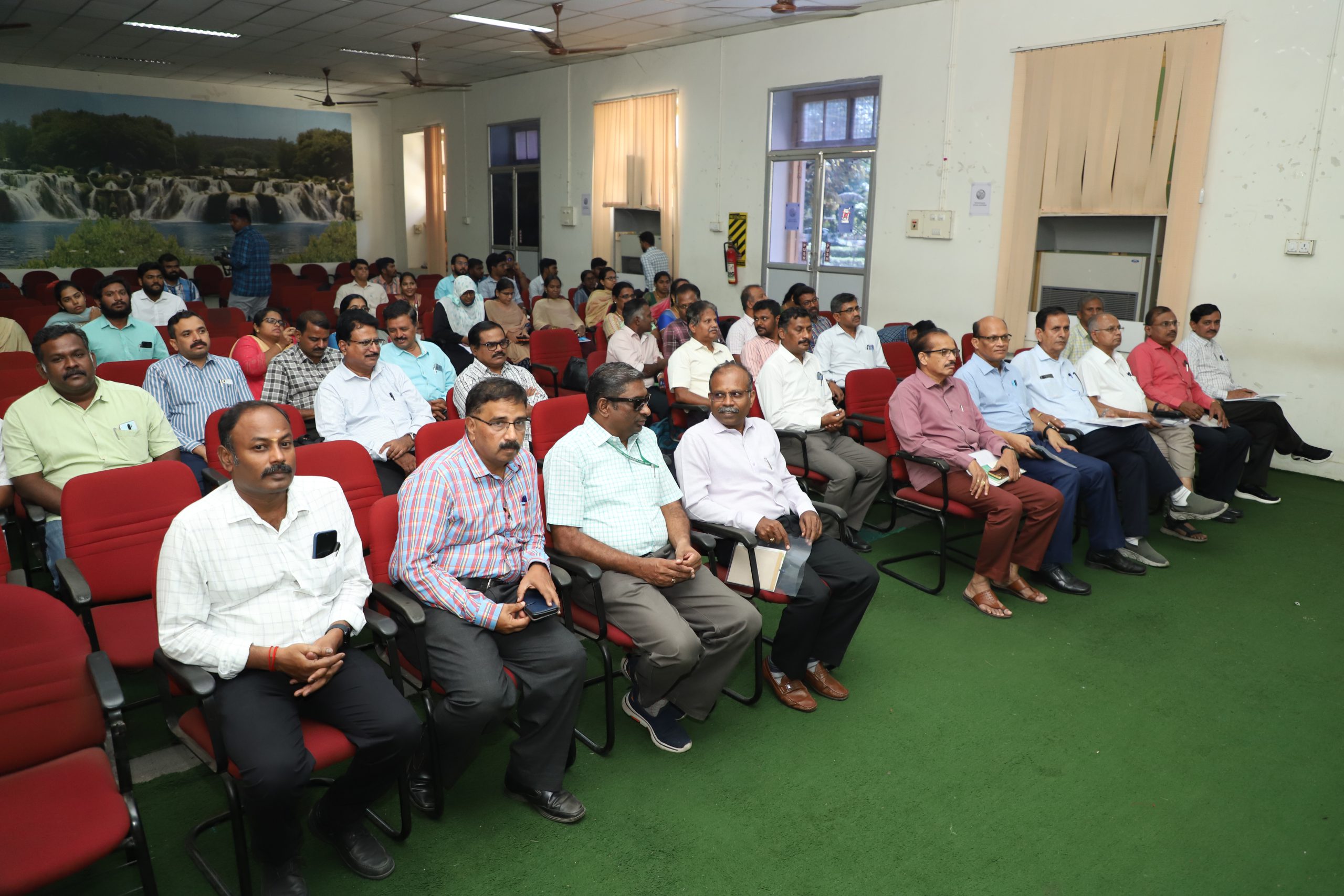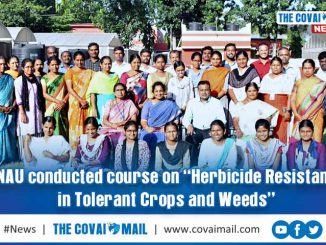
The Indian Council of Agricultural Research (ICAR) has approved the organization of the 7th Quinquennial Review of ICAR-AICRP and CRP schemes, focusing on agricultural engineering. The event, held from June 14th to 16th, 2023, at Tamil Nadu Agricultural University (TNAU) in Coimbatore, marks a significant milestone in the field. The inauguration ceremony took place on June 14th, with esteemed dignitaries and scientists in attendance.

During the event, Raviraj, Dean (Engineering) at TNAU, highlighted the importance of hosting the review during the Golden Jubilee year of the Agricultural Engineering College and Research Institute. He also showcased the development of farm mechanization centres in Bhavanisagar and Madurai, as well as the technologies released over the years. Pandey, Chairman of the Quinquennial Review Team (QRT), discussed the objectives of the scheme and reflected on the progress made during the period of 2017-2022.

Geethalakshmi, Vice-Chancellor of TNAU, emphasized the various research projects being conducted at the Agricultural Engineering College and Research Institute, including Farm Implements & Machinery, Ergonomics & Safety in Agriculture, Renewable Energy Engineering, Precision Farming Development Centre, and the Regional Centre for Agricultural Engineering. She emphasized the importance of disseminating these technologies effectively and proposed focusing on end-to-end mechanization to reduce women’s drudgery in agriculture. Kavitha, Head of the Department of Farm Machinery and Power Engineering at TNAU, expressed gratitude and proposed implementing an exclusive scheme for women in farm implements and machinery under AICRP in the future.
The 7th Quinquennial Review of ICAR-AICRP and CRP schemes provides a platform to assess the progress and achievements in agricultural engineering research. With a focus on advancements in farm mechanization, renewable energy, and precision farming, the event aims to drive innovation and promote sustainable practices in Indian agriculture. The insights and recommendations generated during the review will play a vital role in shaping the future of agricultural engineering in the country.


